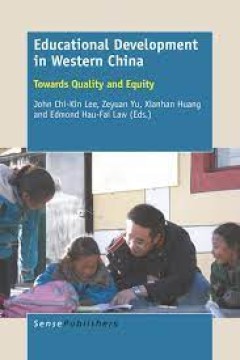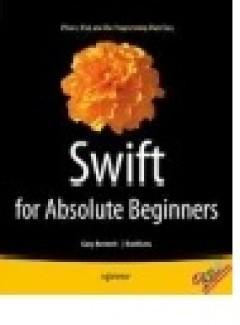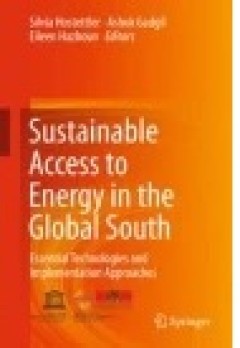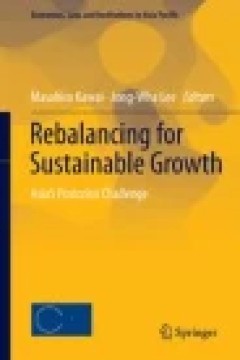Filter by

Educational Development in Western China Towards Quality and Equity
In 2000, the “Western Development” plan of the Chinese Mainland attracted attention of educators and policy makers. Around that period, the Chinese government also launched large scale and systemic curriculum reforms in basic education and secondary education in achieving quality education across the vast country. Despite significant progress that has been made in educational investments an…
- Edition
- -
- ISBN/ISSN
- 9789463002325
- Collation
- Approx. 350 p. online resource.
- Series Title
- -
- Call Number
- -

Ethical Issues in Behavioral Neuroscience
Behavioral neuroscience encompasses the disciplines of neurobiology and psychology to study mechanisms of behavior. This volume provides a contemporary overview of the current state of how ethics informs behavioral neuroscience research. There is dual emphasis on ethical challenges in experimental animal approaches and in clinical and nonclinical research involving human participants.
- Edition
- -
- ISBN/ISSN
- 978-3-662-44866-3
- Collation
- 4 b/w illustrations, 3 illustrations in colour
- Series Title
- -
- Call Number
- -

Swift for Absolute Beginners
Gary Bennett and Brad Lees are full-time professional iOS developers and have developed a broad spectrum of apps for Fortune 500 companies. The authors have taken their combined 12 years of writing apps, teaching online iOS courses, the experience from their first two iOS books, along with their free online instruction and free online forum to create an excellent training book.
- Edition
- -
- ISBN/ISSN
- 978-1-4842-0886-1
- Collation
- XXIII, 308
- Series Title
- -
- Call Number
- -

Swift 2 for Absolute Beginners
Swift 2 for Absolute Beginners is perfect for those with no programming background, those with some programming experience but no object-oriented experience, or those that have a great idea for an app but haven’t programmed since school, and it is now updated for Swift 2.
- Edition
- -
- ISBN/ISSN
- 978-1-4842-1488-6
- Collation
- XXVIII, 330
- Series Title
- -
- Call Number
- -

Essentials of Excel, Excel VBA, SAS and Minitab for Statistical and Financial…
This introductory textbook for business statistics teaches statistical analysis and research methods via business case studies and financial data using Excel, Minitab, and SAS. Every chapter in this textbook engages the reader with data of individual stock, stock indices, options, and futures. One studies and uses statistics to learn how to study, analyze, and understand a data set of partic…
- Edition
- -
- ISBN/ISSN
- 978-3-319-38867-0
- Collation
- 125 b/w illustrations, 781 illustrations in colour
- Series Title
- -
- Call Number
- -

Sustainable Access to Energy in the Global South
Presenting the best papers of the 3rd EPFL-UNESCO Chair Conference on Technologies for Development, this publication offers a valuable collection of innovative case studies exploring access to energy and renewable energy technologies in the Global South. It investigates the key determinants for successfully providing energy to resource-poor communities and examines a wide range of technologies …
- Edition
- -
- ISBN/ISSN
- 978-3-319-20209-9
- Collation
- XVIII, 254
- Series Title
- -
- Call Number
- -

Survivors of Childhood and Adolescent Cancer
This book is a comprehensive guide that will help medical professionals – pediatric oncologists, nurses, pediatricians, family practitioners, internists, radiation oncologists, surgeons – to understand and manage the long-term effects of treatment for childhood and adolescent cancer. The consequences of treatment are described for each organ system, with explanation of pathophysiology, clin…
- Edition
- -
- ISBN/ISSN
- 978-3-319-16435-9
- Collation
- X, 436
- Series Title
- Pediatric Oncology
- Call Number
- -

Surgical Endocrinopathies
This book covers clinical management including diagnosis, localization and physiology, for a number of clinical diseases treated by endocrinologists and surgeons. Following each chapter there is a 3-4 page biographical sketch of the person behind the clinical endocrinopathy, whose name is closely associated with the disease. The field of endocrine surgery is rich in history and this is the firs…
- Edition
- -
- ISBN/ISSN
- 978-3-319-13662-2
- Collation
- XXII, 405
- Series Title
- -
- Call Number
- -

Rebalancing for Sustainable Growth: Asia’s Postcrisis Challenge
The Asian model of export-led growth served it well in the post-war period, but prolonged sluggish growth of the developed economies following the global financial crisis, together with growing inequality and rising environmental problems, point to the need for a new growth model. The purpose of this book is to describe the challenges facing Asian economies in the post-global financial crisis e…
- Edition
- -
- ISBN/ISSN
- 978-4-431-55321-2
- Collation
- -
- Series Title
- -
- Call Number
- 337.1

Academic Autoethnographies: Inside Teaching in Higher Education
Academic Autoethnographies: Inside Teaching in Higher Education invites readers to experience autoethnography as a challenging, complex, and creative research methodology that can produce personally, professionally, and socially useful understandings of teaching and researching in higher education. The peer-reviewed chapters offer innovative and perspicacious explorations of interrelationships …
- Edition
- Ed. 1
- ISBN/ISSN
- 978-94-6300-399-5
- Collation
- XII, 200
- Series Title
- -
- Call Number
- 370 ACA a
 Computer Science, Information & General Works
Computer Science, Information & General Works  Philosophy & Psychology
Philosophy & Psychology  Religion
Religion  Social Sciences
Social Sciences  Language
Language  Pure Science
Pure Science  Applied Sciences
Applied Sciences  Art & Recreation
Art & Recreation  Literature
Literature  History & Geography
History & Geography